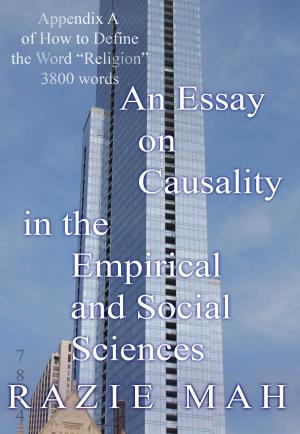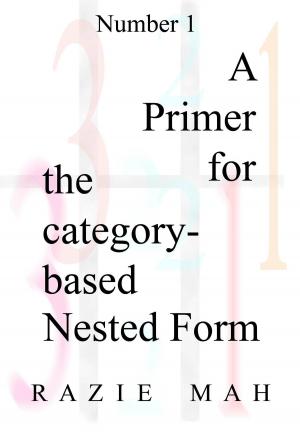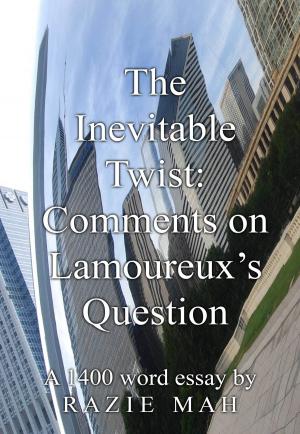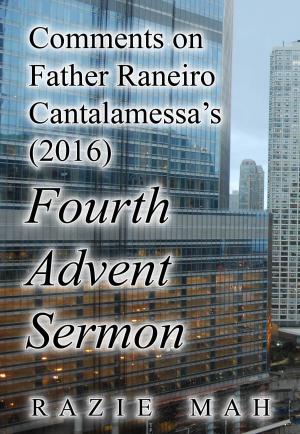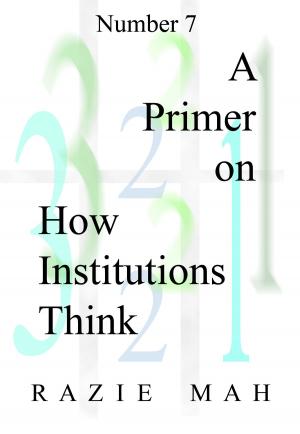Comments on Jacques Lacan’s (1960) Discourse to Catholics
Nonfiction, Health & Well Being, Psychology, Psychotherapy, Religion & Spirituality, Christianity, General Christianity| Author: | Razie Mah | ISBN: | 9781942824329 |
| Publisher: | Razie Mah | Publication: | January 15, 2019 |
| Imprint: | Smashwords Edition | Language: | English |
| Author: | Razie Mah |
| ISBN: | 9781942824329 |
| Publisher: | Razie Mah |
| Publication: | January 15, 2019 |
| Imprint: | Smashwords Edition |
| Language: | English |
Jacques Lacan (1901-1981) revives the Freudian tradition in mid-20th century France. His writings are notoriously difficult. In fact, in an interview titled “the triumph of religion”, also translated by Bruce Fink, Lacan admits that his works are meant to be read rather than understood. They are like distilled liquors in that regard.
The category-based nested form is a remarkable tool for re-articulating works like this.
First, Freud’s model of the human psyche is rendered as a category-based nested form.
Second, two interscopes are delineated, one belonging to everyday life and one associating to Freud’s paradigm of the unconscious. The interscopes are linked at a particular juncture, which I label “the synchronic thing”. Compulsive behavior meets hysterical symptom.
"The synchronic thing" is the spark of psychoanalysis. Thus, the ethics psychoanalysis resonates with the Christian worldview, where literal truth speaks of God’s intent and poetic realism insinuates God’s desire. Literal truth meets poetic realism.
Jacques Lacan (1901-1981) revives the Freudian tradition in mid-20th century France. His writings are notoriously difficult. In fact, in an interview titled “the triumph of religion”, also translated by Bruce Fink, Lacan admits that his works are meant to be read rather than understood. They are like distilled liquors in that regard.
The category-based nested form is a remarkable tool for re-articulating works like this.
First, Freud’s model of the human psyche is rendered as a category-based nested form.
Second, two interscopes are delineated, one belonging to everyday life and one associating to Freud’s paradigm of the unconscious. The interscopes are linked at a particular juncture, which I label “the synchronic thing”. Compulsive behavior meets hysterical symptom.
"The synchronic thing" is the spark of psychoanalysis. Thus, the ethics psychoanalysis resonates with the Christian worldview, where literal truth speaks of God’s intent and poetic realism insinuates God’s desire. Literal truth meets poetic realism.


